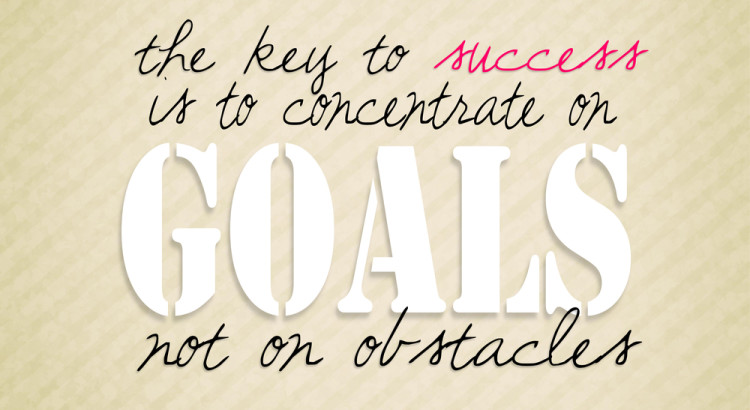Do you look at what your organization or company needs and try to fill that need? Sounds like a wonderful practice, right?
Or do you look at what you have to offer and try to use that talent in helping your company?
Howard Thurman, an influential African American author, philosopher, and civil rights leader said, “Don’t ask what the world needs. Ask what makes you come alive, and go do it. Because what the world needs is people who have come alive.” Howard Thurman
Have you come alive in your gifts or talents? Do you use those in your occupation? Take a few minutes and think through these four questions. See if you can put your finger on what makes you come alive.
-
What do I do with ease while others may struggle?
Just because it is easy does not mean it is your purpose, of course. But a good way to discover what gives you joy is looking at the tasks or assignments that come easily to you. In the same way, if you struggle with a certain ability, you can be sure it’s not something that makes you heart beat faster. Listing what you can do easily is a good place to start on the road to living fully.
-
What are the compliments I have received more than once?
Your friends and family are a great resource you have for finding out what makes you come alive. Listen to them. They will probably tell you again and again if they notice that you are good at something. Ask those closest to you what they see you doing with exuberance and joy.
-
What can I imagine doing for 10,000 hours?
Malcolm Gladwell, in his book Outliers, quoted neurologist Daniel Levitin, “The emerging picture from such studies is that ten thousand hours of practice is required to achieve the level of mastery associated with being a world-class expert—in anything.” So what could you imagine doing for that many hours – or what have you done that is on its way to 10,000 hours? If you’ve been spending that much time at it, it probably helps your heart come alive.
-
What energizes me and what exhausts me?
List the activities or tasks you have done the past couple of weeks. Beside each, write “energize” or “exhaust.” As you look back and analyze your list, make note of any patterns. As you evaluate how you’ve felt after each task, the things you do that make you come alive will emerge.
Once you have realized what makes you come alive, use that knowledge to make your life, and the lives of those around you, more valuable. If you concentrate on what makes you fulfilled, you will naturally meet the needs of those around you, simply because you will be drawn to those needs. Rumi said, “Let yourself be silently drawn by the strange pull of what you really love.” The world needs our heart when it is made alive.
Sources:
http://www.vocationvillage.com/strengths-assessment-10-ways-to-know-what-you-are-good-at-doing/
http://tinybuddha.com/blog/find-your-calling-5-steps-to-identify-your-purpose/




